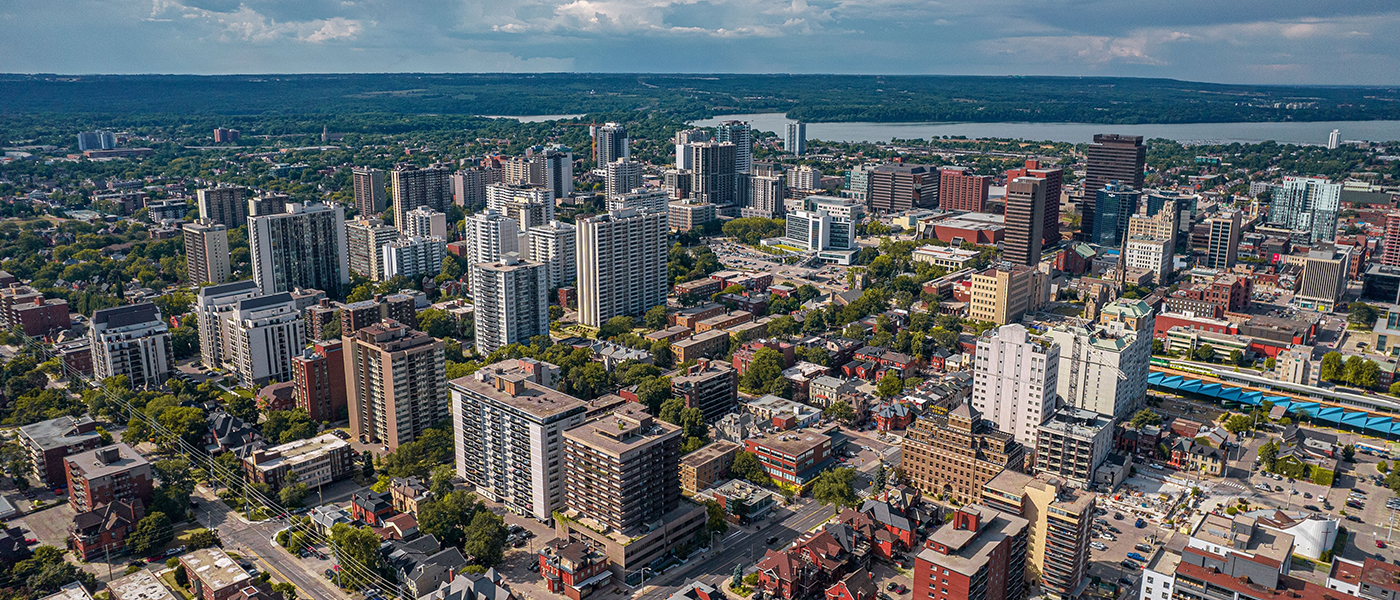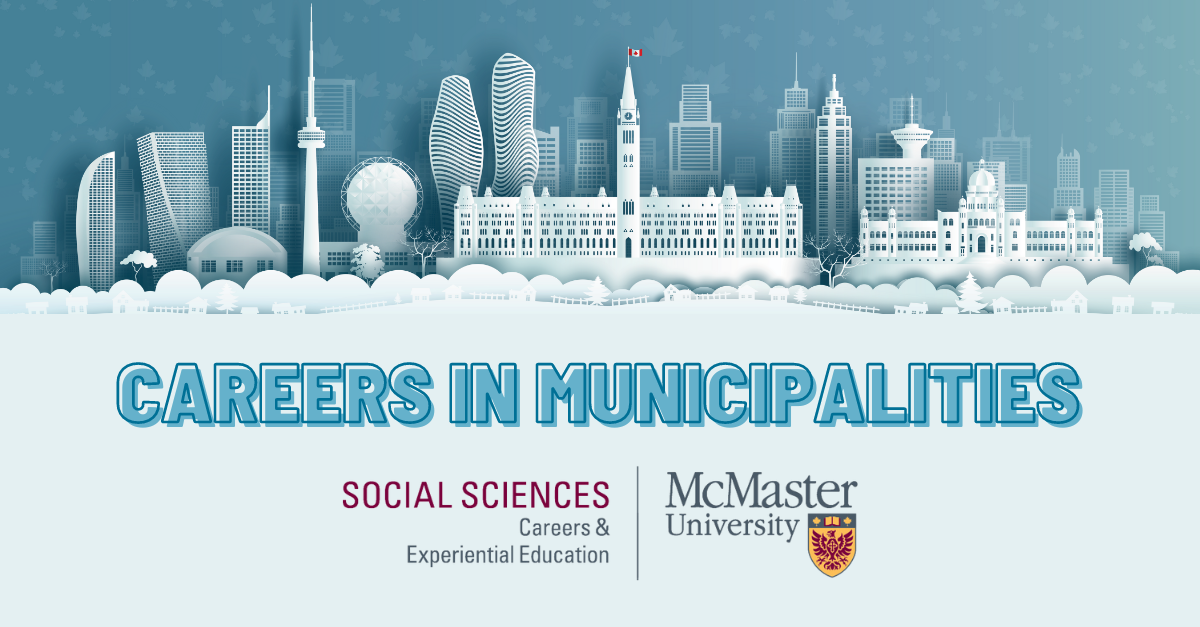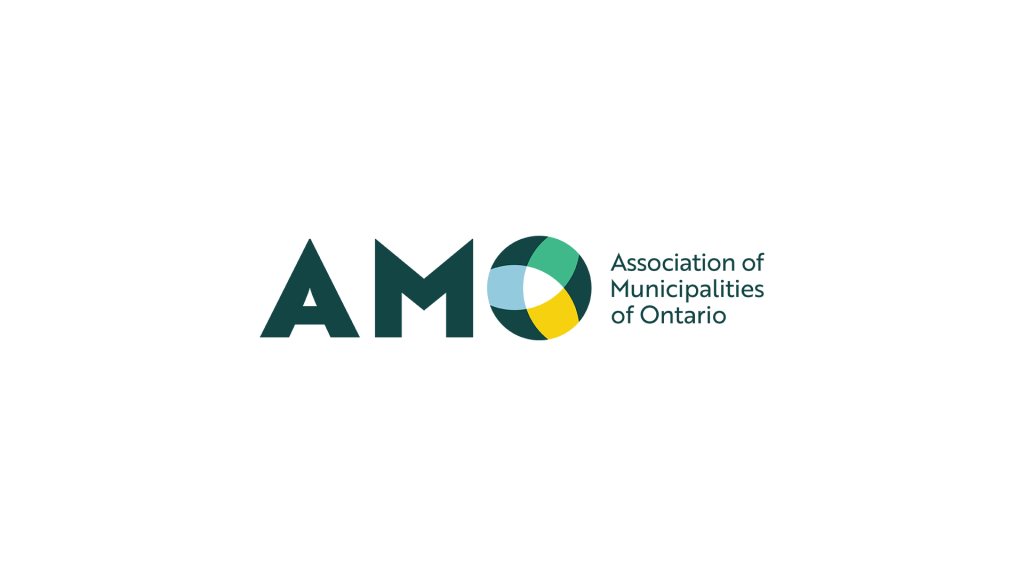Careers in Municipalities
Diverse Careers in Local Communities
Students in the social sciences and liberal arts can find a wide variety of rewarding, meaningful careers in municipalities across Ontario and Canada. The term ‘municipalities’ refers to a variety of forms of local government, including:
- Cities
- Towns
- Villages
- Counties
- Regions
These municipalities of different sorts and sizes each employ full-time staff in various departments, units, and institutions. Helping students to better understand these career options is a major goal of the Faculty of Social Sciences’ Careers & Experiential Education team.
Multiple Paths
Careers in municipalities can lead to multiple paths:
Municipal Public Service
Cities, towns, and regions directly employ many career staff who work in various departments and services as municipal employees, often with high levels of internal mobility through preferential hiring practices.
Political Staff
Elected officials such as mayors, reeves, and city councillors typically hire their own support staff whose role typically matches the official’s limited time in office. Political staffers often build a career of multiple roles by building trust in the relevant networks based on relationship-building and a strong reputation, eventually working for multiple officials over time.
Municipally-Governed Entities
Many local institutions and employers are governed less directly, sometimes at arm’s length, through municipal boards and similar bodies. This means that many workers can be thought of as working in the municipal sector, even if they are not employed as municipal staff. Examples of careers in this subcategory include careers at public libraries, in police departments, in housing agencies, at art galleries, and beyond.
Related Occupational Categories
Whereas exploring careers by ‘sectors’ helps us to sort by employer type, industry, or general field of work, Economic and Social Development Canada’s ‘occupational’ categories tend to focus more on the duties and functions that people play in specific roles. Here are just a few of the occupation categories that may be relevant to this sector:
Academic Program Connections
As you select your program of study and the courses you will take, you can chart a path towards success in this sector from any one of our social sciences departments and programs. Here are just a few examples of academic disciplines that have connections with this sector:
Political Science Learn More
Political science lend their knowledge of social issues, electoral politics, and public engagement to work for municipalities. That can mean working on the political side for elected officials or candidates, but more often it means working as a part of the municipal civil service helping deliver important supports and services to community members.
Work & Labour Studies Learn More
Work & labour studies students often work in municipalities, often taking a particular interest in fields like human resources or in helping to build safe and sustainable workplaces and communities. Their understanding of the complexities of negotiation, bargaining, communications, and community-building tends to make them valued members of any municipal team.
Environment & Society Learn More
Environment & Society students often work in municipalities, often taking a particular interest in municipal planning and sustainability. More generally the transferable research and data management skills developed in Environment & Society courses make graduates key players in collaborating on evidence-based approaches to the challenges facing municipalities.
Society, Culture & Religion Learn More
Society, Culture & Religion students often apply their knowledge of human diversity and community to build strong cities, towns, and regions. Their high level of intercultural understanding is highly valued in local public service, helping to navigate the challenges and opportunities that come with diversity and difference by building on common goals and experiences.
Information Box Group
The Careers in Municipalities Project
The Careers & Experiential Education team in the Faculty of Social Sciences has embarked on a strategic initiative to help improve knowledge of municipal careers for undergraduate students at McMaster and beyond. This strategy has five (5) key components:
- The ‘Understanding Careers in Municipalities’ survey, open to the public, aimed at gathering insights about relevant full-time career options.
- A Careers in Municipalities open-educational resource (OER) being created with MacPherson Institute funding.
- An outreach effort to solicit Alumni Career Profiles from McMaster Social Sciences graduates working in municipalities.
- An employer-outreach effort aimed at encouraging municipalities to hire co-op and internship students.
- Promotion to students of municipality-related educational opportunities.
For more information, and to get involved, please see the resources below:
Information Box Group
Survey: Understanding Careers in Municipalities Complete the Survey
Are you a municipal worker with insights to share? Have you previously worked at or with municipalities? Do you have insights to share about full-time careers relevant to university students in the social sciences and liberal arts?
For Alumni: Submit a Career Profile Alumni Career Profiles
Are you a past graduate of a Social Sciences major, minor, or combined honours program here at McMaster? Nothing helps our current students more than learning from stories like yours. Consider contributing an Alumni Career Profile to our newest resource area!
Survey Information
If you have knowledge of full-time, ongoing roles in municipal work that you think might be relevant to social sciences and liberal arts students considering their career options, you are invited to participate in the survey. The survey strategy is inclusive, targeting current municipal workers but welcoming any others with knowledge or experience to share.
Yes. There are a total of 15 questions — including the contact information fields, wrap-up questions, and random-prize-draw questions. Most questions are open-ended text-entry questions, and many of them are optional. Share what you want to, and be as brief or as detailed as you see fit.
Questions include, for example:
- “Many current and prospective university students do not feel that they have a good understanding of the career options available in the workforce, especially in the public and non-profit sectors. What do you think they should know about the job options or career options in municipalities and/or in local government?”
- “We are looking to identify staff roles that are most likely to be found across municipalities in Ontario (and perhaps also across North America). Our previous municipal partners have suggested that one helpful step towards illuminating job options in municipalities would be to help students to understand certain senior level or leadership roles, such as: Clerk Treasurer Chief Administrative Officer (CAO) City Manager What other more senior roles would you add to this list?”
- “In addition to those senior roles, students (and career support staff) are often interested in learning about mid-level roles or positons. While perhaps not as high-profile as senior roles, there are many positions that are ongoing, stable, and rewarding — and are reasonably common enough to be viable as an intended career goal in the medium- to long- term. What are some mid-level municipal roles you think should be spotlighted in a resource on ‘careers in municipalities’?”
We’re looking to profile the kinds of rewarding careers or positions in municipalities or local politics that typically do require a college or university education, but do not typically require a very specific vocational or professional program. For example, students are familiar with lawyer, psychologist, teacher, social worker, accountant, nurse, etc. as vocational or professional pathways. But they are not as familiar with the wide variety of meaningful careers that do not correspond to the best-known ‘linear’ professional training programs. We’re looking for insights from people whose educational and career paths have been defined by discovery, exploration, and trial and error.
Yes. As a participant in this questionnaire, you will be entered into your choice of randomized draw for a $50 gift card. There will be four (4) separate draws.
The organizers work in the Careers & Experiential Education team in the Faculty of Social Sciences at McMaster University. For inquiries, please email Dr. Mark Busser, Manager of Careers & Experiential Education
Student Resources
McMaster students can explore issues and ideas related to municipal career paths in many of our curricular courses, programs, and opportunities. For example:
CityLab Semester in Residence Learn More
Offered each fall semester, CityLAB Semester in Residence is a 15-unit course designed for passionate, motivated, and enthusiastic students.
CIVDEM@Mac Learn More
The CIVDEM Interdisciplinary Minor equips students to work towards strengthening civic vitality, democratic resiliency, and electoral integrity, as well as empowering the underrepresented to participate in the political and electoral process.
Minor in Community Engagement Learn More
The Interdisciplinary Minor in Community Engagement allows students to deepen and expand their understanding of communities and develop skills for principled and effective engagement.




